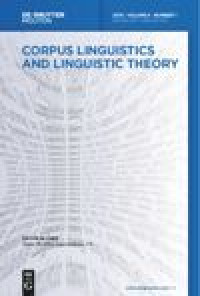
The article “Thank you for the terrific party!” – An analysis of Hungarian negative emotive words" by Martina Katalin Szabó, Veronika Vincze & Károly Bibok has been published in Corpus Linguistics and Linguistic Theory.
Available online here: Szabó, Martina Katalin, Vincze, Veronika and Bibok, Károly. "“Thank you for the terrific party!” – An analysis of Hungarian negative emotive words" Corpus Linguistics and Linguistic Theory, 2022. https://doi.org/10.1515/cllt-2022-0013
Abstract:
The term negative emotive word refers to those words that, on their own, i.e. without context, have a semantic content that may be associated with negative emotion, but sometimes they lose it partly or wholly. In the literature negative emotive words are mainly discussed within the group of intensifiers, e.g. awfully good. In the present paper, we call this phenomenon polarity loss. At the same time, there is another use of negative emotive words that is rarely discussed in the literature, namely the case where the examined word, despite its negative semantic content, expresses a positive evaluation of the speaker, e.g. brutális alaplap (lit. ‘brutal motherboard’ – ‘high quality motherboard’). We call this phenomenon polarity shift. The aim here is to thoroughly examine the two different phenomena on the basis of the data of a Hungarian speech corpus HuTongue. After an in-depth analysis of the qualitative and quantitative features of negative emotive words, we propose corresponding ways of their meaning representations, using a lexical pragmatic approach and the concept of enantiosemy

